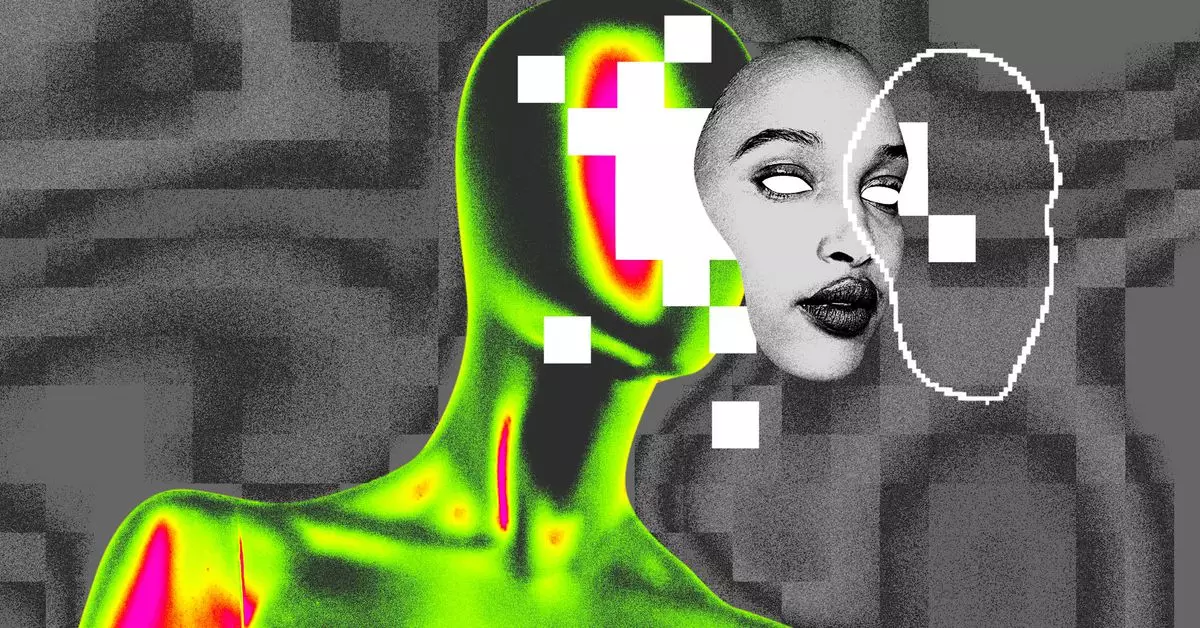In recent years, social media platforms have transformed the way individuals present themselves online, with TikTok leading the charge in innovative visuals and engaging content. However, the advent of increasingly sophisticated beauty filters has sparked a significant debate regarding their effects on mental health, particularly among young users. TikTok, recognizing the potential hazards associated with these beautifying tools, has announced a series of age restrictions aimed at mitigating the adverse impacts these features may have on its teenage audience.
As filters become more pervasive, the danger lies in their ability to warp users’ perceptions of beauty and self-worth. The platform’s move to introduce restrictions on specific filters for users under 18 reflects a conscious effort to combat the distorted self-image that can arise from reliance on appearance-enhancing effects. Critics argue that such tools often cultivate unrealistic ideals, thereby exacerbating mental health challenges in a demographic already grappling with significant pressures.
TikTok plans to enforce age restrictions on several filters primarily designed to alter appearances—those that offer enhancements such as smoother skin or longer eyelashes, which are difficult for users to discern when they are being used. The company aims to distinguish between filters that have harmless and comedic effects, like adding oversized animal ears, which will remain accessible to all users regardless of age. This nuanced approach recognizes the need for fun and creative expression while safeguarding vulnerable users from harmful influences.
The forthcoming changes are part of a larger initiative announced at TikTok’s European Safety Forum in Dublin, where representatives addressed the alarming consequences that these filters can have on mental health. Concerns expressed by non-profit organizations like Internet Matters influenced TikTok’s decision; reports indicated that beautifying filters can lead to distorted realities for young users, who often struggle to determine the authenticity of the images they consume.
In conjunction with filter restrictions, TikTok is implementing new resources for mental health support across several unspecified European nations. These initiatives will help connect users who report harmful content—such as suicide or self-harm—with relevant local helplines. Given TikTok’s burgeoning user base of over 175 million monthly active users in Europe, these changes are increasingly vital.
Christine Grahn, the head of TikTok’s European public policy, emphasized the platform’s commitment to user safety. “There’s no finish line when it comes to safety and security,” Grahn stated. This notion suggests that user safety will continue to be an evolving challenge that requires ongoing adaptation and responsiveness to community needs.
Furthermore, TikTok is focusing on technological advancements to ensure compliance with age restrictions. The platform is exploring machine-learning technologies capable of identifying accounts created by users below the minimum age of 13. This is critical, as the platform currently deletes approximately six million accounts annually that fail to meet age guidelines. By allowing appeals for account deletions, TikTok is attempting to balance enforcement with user rights, ensuring that young users can contest actions they believe are unjust.
The mental health implications of beauty filters present a growing challenge in the digital age, as young people traverse the complicated social media landscape. From increased engagement with idealized images to pressure to conform to unrealistic standards, the online environment can significantly shape self-perception. TikTok’s proactive steps indicate a recognition of these dangers, as they strive to create a more supportive atmosphere for their users.
As the platform develops further measures, it will be crucial for it to continue engaging with users and mental health experts alike to foster both creativity and safety. Part of this responsibility includes encouraging critical thinking among its user base, helping them to navigate these platforms with awareness and healthy skepticism towards the content they consume. This shift towards a more mindful approach to social media is essential, not just for TikTok but for platforms globally, as they work to safeguard the mental health and well-being of future generations.
TikTok’s recent initiatives signal a growing understanding of the profound impact of social media on mental health and the necessity of protecting young users from its potential perils. The platform’s proactive stance can serve as a model for other social media networks grappling with similar challenges in an increasingly visual world.

